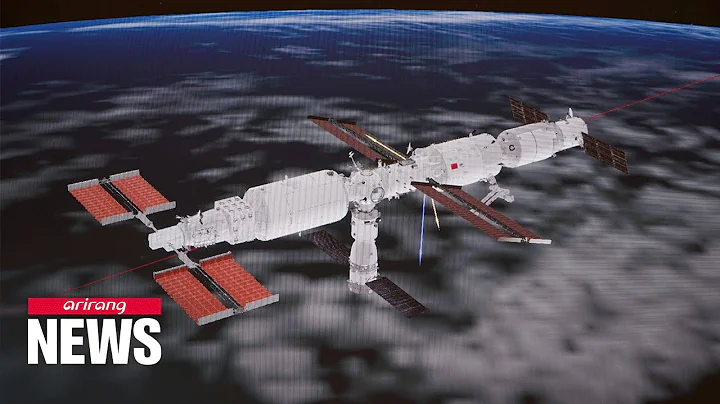Good news! According to the announcement of Chinese Academy of Sciences : my country will launch my country's first "comprehensive solar exploration satellite" - ASO-S in October this year. At present, its final name has not been finalized and is currently being collected online. Interested friends can also think of a good name for our country’s “Sun Chasing Satellite”.

It is reported that the weight of this solar satellite has reached 888 kilograms. After launch, it will go to a synchronous orbit 720KM above the earth's surface to observe and analyze solar activities, thereby helping mankind to conduct "disastrous space weather forecasts." This allows us to better understand the laws of solar activity and provide early warning for super strong solar flares.

So, how many " solar detectors " have humans launched? What are the advantages of my country’s “solar satellite”?
Judging from the data, the first "solar probe" in human history was launched as early as 1960. Now more than 60 years have passed. In addition to the United States, countries such as Europe, Russia, and Japan have also They have all launched solar probes. Cumulatively, humans have launched more than 70 solar observation satellites .
Naturally, as one of the major aerospace countries, our country also needs to launch solar detectors. On the one hand, this is the best proof of our country's aerospace capabilities, and on the other hand, it can also "benefit mankind."

In October last year, my country also launched a solar probe named "Xihe". However, strictly speaking, "Xihe " is not a real solar probe because it cannot To endure the high temperature of the sun, it can only detect the sun's condition from a long distance after launch.
Therefore, in order to obtain more "solar secrets", our country will once again launch a more powerful "comprehensive solar satellite" after "Xihe". It is reported that this "comprehensive solar satellite" is It has been developed since 5 years ago and is another independent project in my country.
Compared with the "Xihe", it will be closer to the sun, and it will also carry a solar hard X-ray imager, a solar telescope, and a full-helical vector magnetic imager, which will allow it to help Chinese scientists. Better understand the sun, and detect changes in the sun in real time by studying the sun's "one magnetic storm and two storms".

Currently, the most powerful solar probe of mankind is the " Parker Solar Probe " launched by the United States in 2018. In April last year, the Parker probe even penetrated into the solar atmosphere and became a human The first probe to "enter the sun" in history.
So, what is the difference between the "comprehensive solar exploration satellite" that is about to be launched by our country and the Parker probe in the United States? First of all, technically speaking, my country's current solar detectors still cannot reach the height of the American solar detectors, because the sun is a "big fireball" and its surface is too hot. Therefore, if you want to get close to it, This requires very advanced high-temperature resistant materials and technologies.
Therefore, researchers from the Chinese Academy of Sciences also said that the scientific goals of my country's "comprehensive solar detector" and the Parker detector are different. The Parker detector is mainly to detect the corona layer of the sun. To clarify The origin of solar wind , and our country's solar detectors carry out long-distance monitoring and early warning from space.

So, why study the sun? What is the use of "catastrophic space weather forecast"?
Human beings live on the earth. The earth is located in the solar system, and the sun is the ruler of the solar system and the only star in the solar system. Everything in the solar system revolves around the sun. The evolution rules, life span, etc. are also All are closely related to the sun.
Therefore, only by understanding the sun can we survive in the solar system better.Because the sun is very active, the solar wind ejected during solar activity, as well as the sunspots, flares , etc. that appear on the sun's surface have a great impact on the earth.

Take the solar flare outbreak as an example, it will destroy the earth's magnetic field , thus affecting human space activities, communication activities, etc. In simple terms, it will affect people's lives.
Therefore, with the development of human science and technology, more and more countries hope to launch solar detectors to understand the impact of solar changes on the earth, so as to provide early warning and minimize the impact.

Take the "Comprehensive Solar Exploration Satellite" that is about to be launched by our country. Relevant experts pointed out that after it is successfully put into orbit, it will detect about 500GB of solar activity data for humans every day. Because of the impact of solar activity on the earth, It is global and closely related to all mankind. Therefore, all data obtained by our country's solar detectors will be open to the world. Even ordinary astronomy enthusiasts can share this information.
So, friends, in your opinion, my country’s last solar detector was called “Xihe”. What should this solar detector be called? Everyone is welcome to leave a message and tell us your opinions!





















